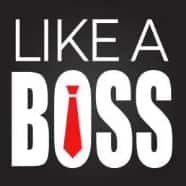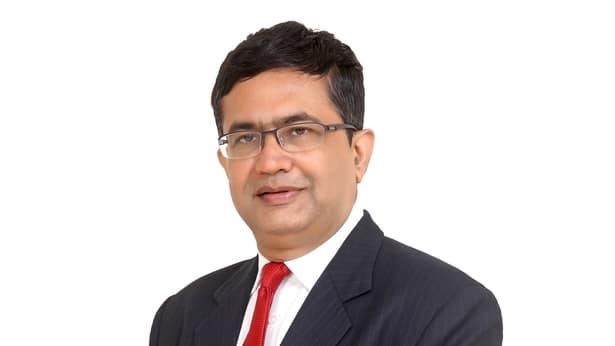Ashish Chauhan graduated from IIT Mumbai and is currently managing director of Asia's oldest exchange Bombay Stock Exchange (BSE). A self-described "small-town guy" from near Ahmedabad, he built a long career in the Indian financial markets. Chauhan was a founding member of National Stock Exchange (NSE) and CEO of Mumbai Indians IPL cricket team in its early years.Chauhan has helmed BSE’s forays in new products of financial segment including SMEs, commodities, currencies, derivatives, mutual funds,and bond, among others. In a candid chat with Moneycontrol, he shares lessons in leadership and his people management tactics. Edited excerpts:
What time do you like to be at your desk?
I start my day doing puja and end the day with puja and meditation. It is a very personal puja, which is a part of my family tradition. My work begins as early as 7 am and I retire for the day at around 11 pm.
Where is the best place to prepare for leadership: at business school or on the job?
While a business school can groom you and will equip you with essential skills to face the real world, learning on the job will enable you to learn from your own mistakes and build confidence in you to take up new challenges that come your way. Learning from the trenches - trying - failing - trying again - understand the limitations of situations - never give up - is what I call learning from ‘school of hard knocks.’ It is not structured learning. However it helps you grow. The importance of structured and formal learning cannot be denied. However, the learning from life is important too.
Describe your management style.
For me, leadership requires being humble and being a part of the team - ready to take team along, together take chances, keep everyone on the same page. Delegate a lot.
Provide complete clarity on the rules, regulations, authority and responsibility at each level especially on routine matters so that everyone is empowered to take decisions.
Our teams are agile teams. They are able to think through many aspects and adopt to the changing situation fast.
Are tough decisions best taken by one person or collectively?
Decisions are of many types. Routine decisions need to be taken at the field level within the given rules, regulations, processes and producers. For each activity or a decision that needs to be taken more than a few times, we need to make frameworks so that the person implementing is able to do it easily with authority and responsibility.
At each level in the organisation, there are clear frameworks defined to ensure authority is going hand in hand with responsibility. Exception handling gets pushed up the hierarchy and at each level in the hierarchy, we have authority available.
Only exceptional situations come to the management committee which is made up of functional heads of the organization which takes strategic decisions.
In case of crisis, all hands work together and there is not hierarchy.
A single person decision making may work in very specific situations. However, decisions taken in consultation and collaboration with speed and trust in each of the team member get better execution.
Do you want to be liked, feared or respected?
There is much more to leadership - it is humility, energy, sincerity, hard work, resourcefulness, execution, problem solving, trust, honesty, consistency and fairness in the way you deal with things.
Ability to pick long-term signals and trends in the din of tremendous noise and getting the entire team to also accept the vision is an ability I respect.
Ability to evolve yourself and the business keeps the organisation running better in the fast changing world.
Creating a vision, implementing that and at the same time running the current framework takes lot of energy.
Admiration, fear, respect, etc are outcome of many of the traits the leader displays at different times. He/ she may also evoke different feelings in different groups.
What does your support team look like?
At BSE, the Management committee consists of the functional leaders. They are able to take routine decisions on their own. Each of them have more than 25 years experience in their respective fields and have been connected to markets for as many years. They are amongst the best professionals in the business.
Any cross functional activity is proposed by any initiator and discussed amongst every one jointly. The collaboration therefore befomes easy once all of us discuss and agree to a forward path.












